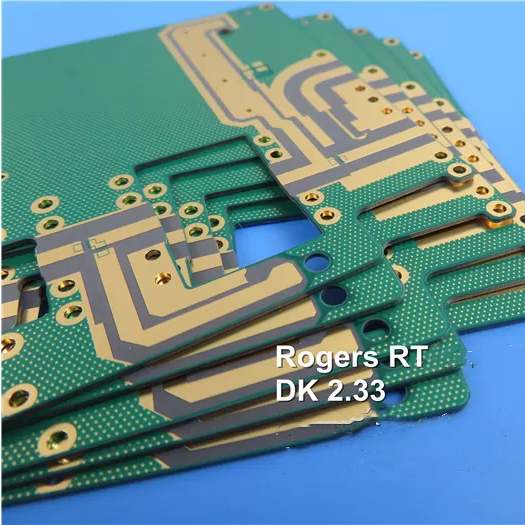Introduction
Electric vehicles (EVs) are becoming increasingly popular as consumers look for more sustainable and cost-effective transportation options. However, ensuring the safety and reliability of EV batteries remains a challenge. That’s where the ProCellTM EV Firewall PCL-350 comes in. This innovative battery protection system provides comprehensive safeguards to mitigate electrical hazards and thermal runaway.
Key Features and Benefits
The ProCellTM EV Firewall PCL-350 has several advanced capabilities:
Reliable Short Circuit Protection
The PCL-350 can detect short circuits in milliseconds and disconnect the battery through integrated fuses. This prevents excessive current flow that could lead to hazardous situations.
Enhanced Thermal Management
Integrated temperature sensors and heating/cooling controls actively monitor cell temperatures. This allows early detection and prevention of thermal runaway.
Flexible Topology and Controls
The firewall system adapts to different battery pack voltages and layouts. Robust controls and processing provide optimization and balancing.
Early Failure Detection
Continuous diagnostics identify potential faults at the cell level before they become critical. Preventative actions can then be taken.
Lightweight and Compact Design
The compact, modular architecture ensures minimal size and weight impact. This is ideal for space-constrained EVs.
Technical Specifications

- Voltage Range: 60V to 1500V
- Max Discharge Current: 1000A
- Reaction Time: <1 ms
- Operating Temperature: -40°C to +85°C
- Dimensions: 210 x 180 x 45 mm
- Weight: 4.2 kg
Conclusion
The ProCellTM PCL-350 represents a giant leap forward in EV battery protection. By leveraging extensive safety mechanisms and real-time diagnostics, it mitigates electrical and thermal hazards. This enables improved reliability, lifespan, and peace of mind. As EVs become mainstream, robust technologies like this will be critical for success.
Frequently Asked Questions
What types of batteries are compatible?
The firewall is compatible with most lithium-ion batteries including NMC, LFP, and LTO. Some compatibility testing may be required for newer chemistries.
How difficult is it to integrate with existing battery packs?
Our engineers work closely with automakers to ensure seamless integration. Some battery pack redesign may be needed to optimize placement.
Can the system be retrofitted into older electric vehicles?
Retrofitting is possible in some cases but challenging due to space constraints. Full integration is easier on newer EV platforms.
How is the PCL-350 different from existing EV battery protection?
It offers a much more comprehensive suite of safety features and diagnostics than typical battery management systems. The active controls also set it apart.
Will the firewall system add a lot of cost to EVs?
The incremental cost increase is reasonable compared to the added safety, performance, and lifecycle benefits. Higher production volumes will also drive down costs over time.

Leave a Reply